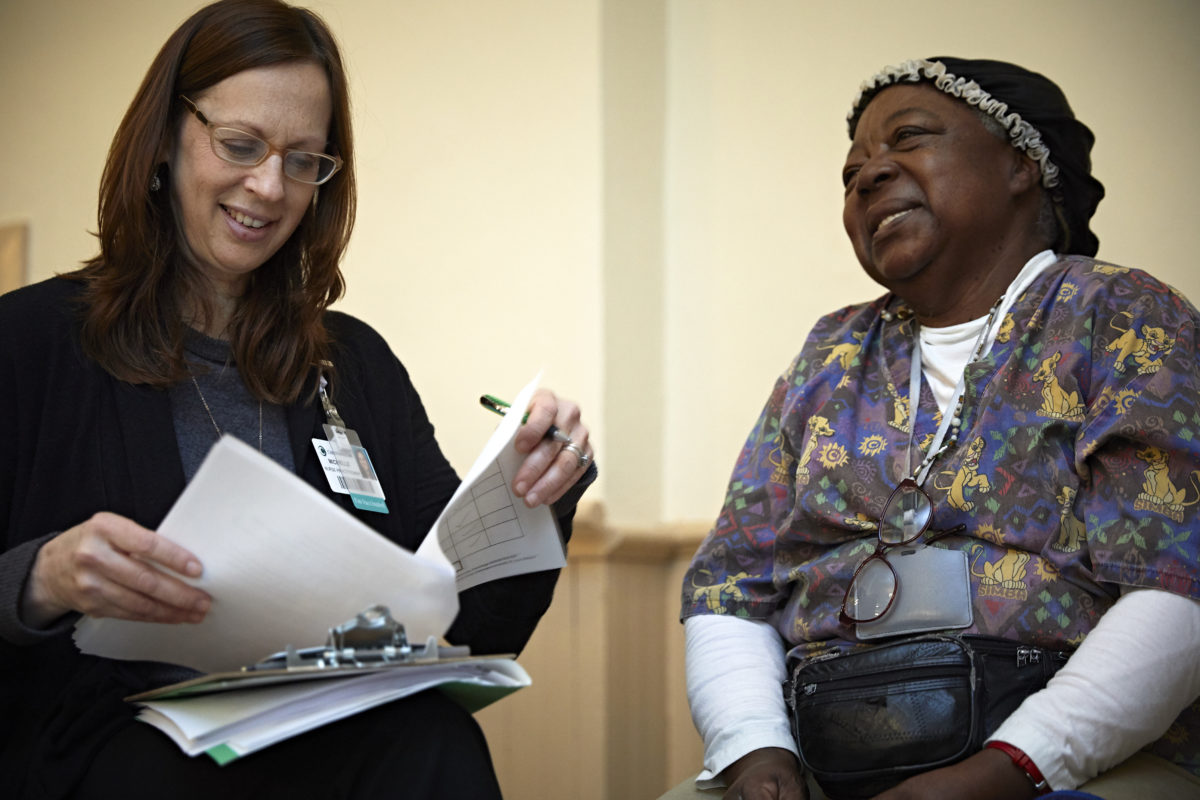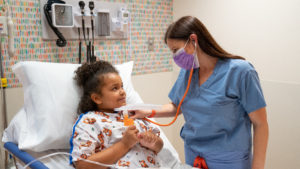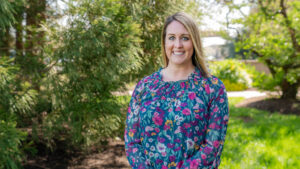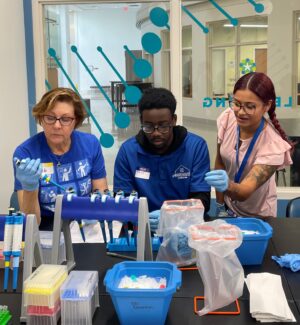Irlene Roane stopped by St. Patrick’s Center on a winter day, looking for food and a place to get out of the wind.
She found those things, as well as answers to a health concern that had been weighing heavily on her mind.
Roane, 70, of Wilmington, was worried about her cognitive health. Both her mother and sister were diagnosed with Alzheimer’s disease, which sometimes runs in families.
On Jan. 24, the day she came to St. Pat’s, Memory Ambassadors from Christiana Care’s Swank Memory Center were participating in a health fair that focused on the needs of seniors. She received immediate, on-the-spot memory testing.
“I learned that I am doing OK,” Roane said. “Now, I have peace of mind.”
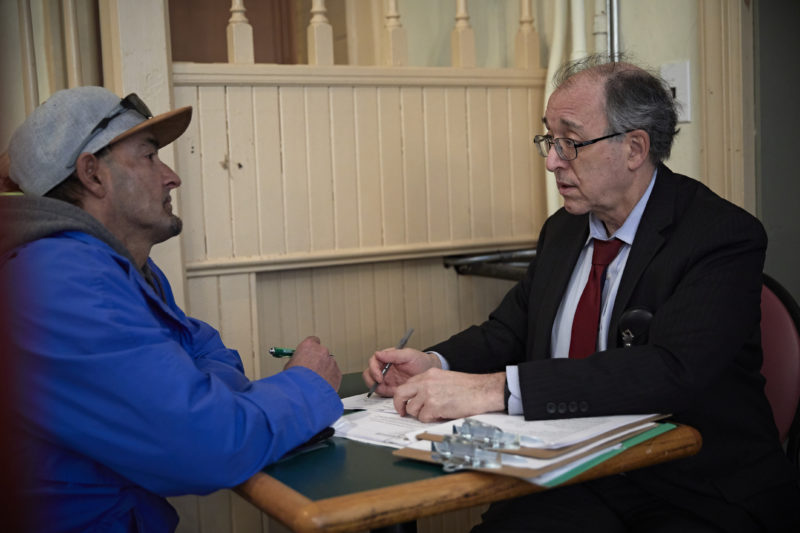
About 25 percent of older adults on the street are believed to have some sort of memory impairment. Often, their needs are complex, with multiple behavioral health and medical concerns.
Bringing screenings and information directly to people who may need them makes care more accessible, said James M. Ellison, M.D., MPH, The Swank Foundation Endowed Chair in Memory Care and Geriatrics. Through partnership with St. Pat’s, which provides emergency food, meals, transportation and respite for homeless people in Wilmington, Christiana Care is able to provide medical and behavioral health support to many people who otherwise might never have access to care.
“Our Memory Ambassadors go to places where seniors live or gather to talk about memory disorders and resources that are available to them,” Dr. Ellison said. “We provide screenings and answer questions.”
Five days a week, Christiana Care social workers embedded at St. Pat’s connect people who need help with housing, transportation, financial assistance and medical and behavioral health care.
“We have seen several seniors with memory issues and we have referred them to the Swank Memory Care Center,” said Carmela Longobardi, MSW, a clinical social worker.
That’s possible, in part, because of the relationships the social workers have forged with the seniors.
“A lot of people would not be screened because they are fearful,” Longobardi said. “In this setting, where they are comfortable, we hope more people will get the care they need.”
Michelle Ritona, FNP-BC, a nurse practitioner at Swank, sat down with Roane in a quiet, private space at St. Pat’s to give her the memory test.
In one section of the screening, Roane was asked to remember three words. Then she was asked to draw a clock and set a specific time. After that, she was asked to recall the three words.
“The test was quick and not at all scary,” she said.
Roane also had her blood pressure checked. In addition, she and other seniors had the opportunity to learn more about advanced directives, also known as a living will, a legal document in which a person specifies what actions should be taken for his or her health if he or she is no longer able to make decisions.
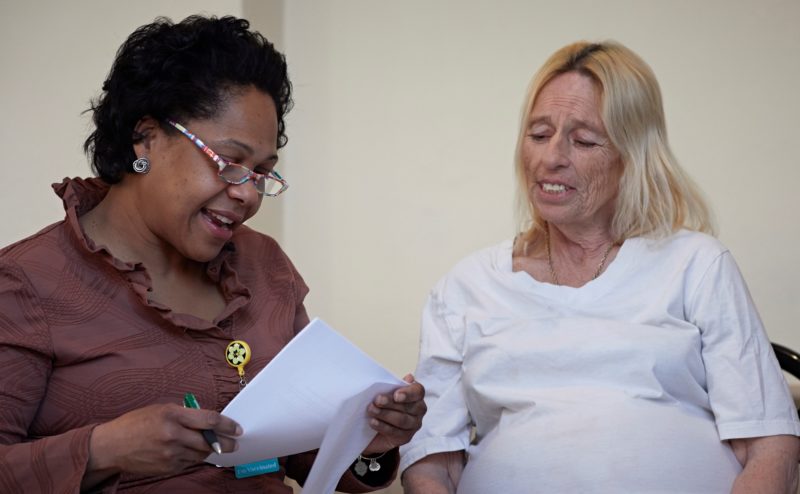
Janet Ford, 63, usually comes to St. Pat’s five days a week, paying $1.50 for a hot lunch and socializing with other visitors in the dining room. She also had her blood pressure checked and took the memory screening.
“I’ll be looking for something and think ‘where did I put that?’” she said. “It’s important for me to keep my memory sharp so I can take care of myself and my two cats.”
That same day, two groups of Christiana Care volunteers ladled homemade soup to 40 people.
“We served navy bean and ham, using the frozen ham bones saved from the holiday luncheon we did at St. Pat’s in December,” said Linda Brennan-Jones, Linda Brennan Jones, BALS, BS, a Christiana Care social worker. In addition to the food, Christiana Care donated and handed out blankets, shirts, cups and socks.
Twice each month, two Christiana Care volunteer teams provide bag lunches packed with sandwiches, fruit and snacks to people seeking shelter at the Homeless Sanctuary at St. Pat’s. The embedded social work staff at St. Pat’s will often incorporate a lunch-and-learn session on topics of interest to at-risk seniors.
“It’s a privilege to serve our neighbors,” Brennan-Jones said. “When we serve together as partners, everyone benefits.”
